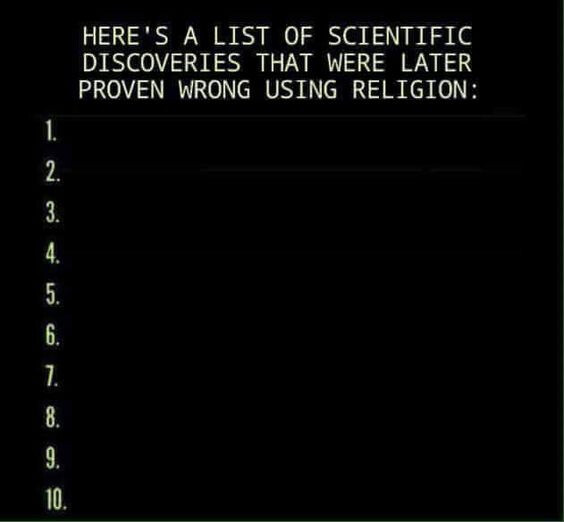Hi @christianapologist, welcome!! I am a former Christian myself (28 years) and like discussing these topics.
Before I start to go over some of your responses, are you willing to be wrong and change? In essence, I am asking if you care about truth enough to change if you are mistaken. I am, I have, and, I imagine, I will continually learn how I was wrong and change. Most theists I’ve seen come in here have very little interest in an actual exchange of ideas and are just interested in spreading their religion. I hope you are different. To me willingness to change and claiming ignorance when someone doesn’t actually know something are very undervalued in our society.
I rarely meet a Christian that actually understands atheists. Instead of making assumptions in your posts about us, please just ask questions, as we will to you. This prevents straw-manning.
This is my main problem with apologetics. They start with “our god exists” and then end up at the epistemology and logic they need to make it all work. I’ve read more Christian books (by Christians) as an Atheist than I ever did as a Christian. As an example, in Lee Strobel’s “Case for Christ”, he would just say that Jesus performed a miracle and that’s evidence that he was god with no epistemological justification. Can you trust what a witness says about reality nobody else can measure when they get other things right. No. Can you trust they wrote it all down correctly. No. Here Strobel assumes that the miracle both happened, which is a claim itself, and that it meant that Jesus was god. The logic here is terrible, and the decade+ I have spent as a non-Christian, I haven’t seen much better.
This is not the neutral fallacy. The neural fallacy, also known as the false compromise is when one tries to claim that truth must be somewhere in the middle of two extremes. Both sides can be wrong for example. Not being neutral or pretending to be neutral isn’t a fallacy itself. For something to be a fallacy it needs some kind of claim and can be put in the form of a syllogism.
I wrote a post about a week or 2 ago. You are conflating relativism with objective vs subjective reality.
See here and here.
Just quickly, one definition cannot be true on it’s own. It can only be true when compared to something. The definition of blue cannot be more true than the definition of green. However, when something in reality matches what we have for the definition of blue, we can say that it is “true” that the thing in question is blue. Morality is a subjective concept like language, math, ownership, money, etc. Concepts are subjective due to the way they exist and that has nothing to do with relativism.
I think you are misunderstanding us. We are not saying that the material universe is all that exists, we are saying that it is all we know exists. That is a massive distinction. Does something like god exists? We don’t know. But if you make a claim that you do know, we are going to look at the evidence. Are you suggesting that since a concept exists in this universe, that another unseen realm must exist, and that an all mighty god must exist too?
Your above statement is nearly meaningless because, as mentioned above, you are conflating two philosophical ideas. Only the concept of truth is affected by relativism. Is math absolute? Is ownership? What would that even mean? On top of that, you are basically claiming that something in this universe that could be man made isn’t, and that god must have done it. This is a post hoc ergo propter hoc fallacy at best (assuming the source). Thus it is discarded as evidence.
